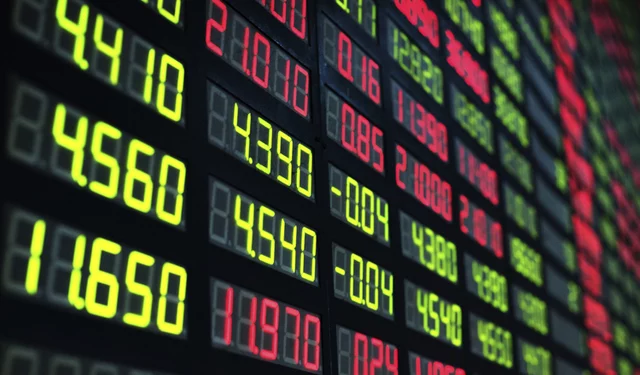A petition has been filed in the Supreme Court, urging the Centre and the Securities and Exchange Board of India (SEBI) to provide a comprehensive report on the stock market plunge that occurred on 4 June, the day the results of the general elections were announced, leading to a Rs 30 lakh crore wipe out, the biggest ever in India. “It is said that after announcements of exit polls in respect to the Lok Sabha 2024 results, the share market went high, but when the actual results were announced the market crashed,” the petition read. “Stock market volatility again emerged… This again has raised question mark on the regulatory mechanism… despite this Court’s direction, nothing has changed,” it added.
On 31 May (Friday), a day before voting for the last phase of the general elections was conducted, the National Stock Exchange (NSE) witnessed unprecedented activity – the volume for shares traded (bought and sold) doubled from the previous day. Adding to the complexity was the fact that foreign institutional investors (FIIs), who were net sellers of Indian shares for the last several sessions, accounted for 58 per cent of the traded value on that day. The very next day, almost all exit polls predicted a landslide victory for the BJP-led NDA.
Investors prefer a stable government as it would ensure policy continuity and involve less risk. As the markets reopened on 3 June (Monday), the benchmark indices Sensex and Nifty hit all-time highs on back of the exit poll predictions. The Sensex shot up by 2,507 points or 3.4 per cent to settle at a new closing peak of 76,469. The FIIs made handsome profits. However, the next day when the actual results started to emerge from across the country and it was clear that the BJP was way behind the magic figure of 272, the markets crashed like never before with the Sensex tanking 4,390 points or 6 per cent to settle at 72,079.
This was the worst single-day crash in four years and it was the retail investors who suffered the most. A real ‘Blood bath’ as it comes.
Before all these events unfolded, something sinister and even more unprecedented had happened. Former Union Home Minister Amit Shah, himself a former stock broker, Prime Minister Narendra Modi and Finance Minister Nirmala Sitharaman, all had given investment advice to the people of this country – “buy before 4 June as the markets are going to hit all-time highs after results are announced.”
Congress leader Rahul Gandhi has alleged that Modi and Shah were “directly involved” in the “biggest stock market scam” and demanded a joint parliamentary committee (JPC) probe into it. “We want inquiry against Prime Minister Modi, Home Minister Shah and those who carried out the exit polls,” he said. The former Congress president also asked: “Why did the PM and HM give specific investment advice to the five crore families investing in the stock markets? Is it their job to give investment advice to the people?”
Such events happening at a time when more and more common people are investing in equities – whether directly in stocks or via mutual funds – as against the traditional bank fixed deposits raises serious concerns. And ill-advice coming from people at the top of the government is atrocious to say the least. But then, that is what Indians, investors or otherwise, should have been able to judge while listening to unsought for advice from people they themselves were wary of, as their voting patterns suggest. Or maybe these 5 crore or so investors are unruly and unaware of ground realities of the country where they are investing their life’s earnings.







































